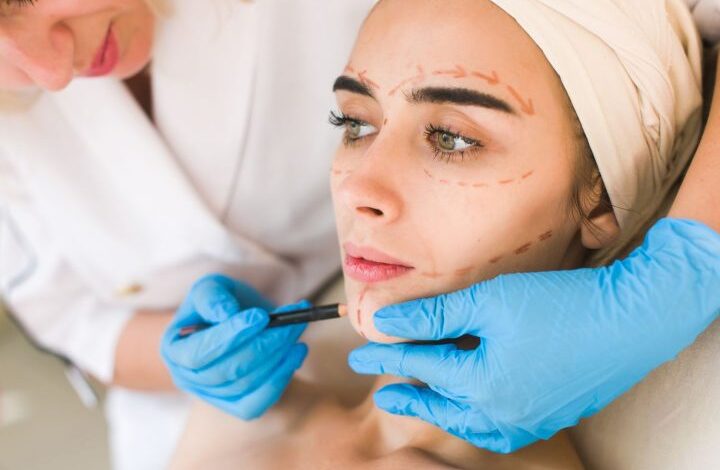Feminist Perspectives on Cosmetic Surgery: Empowerment vs. Pressures of Beauty Standards

Cosmetic surgery, a field historically intertwined with beauty and appearance, sits at a complex crossroads within feminist discourse. On one side, it represents empowerment, offering individuals autonomy over their bodies and the ability to align their external selves with their identity and desires. On the other, it raises concerns about the relentless pressures imposed by societal beauty standards, particularly on women. This dual perspective poses significant questions about the role of cosmetic surgery within feminist frameworks and how it can be reconciled with the movement’s values of equality and self-determination.
Empowerment through Personal Choice:
From a feminist standpoint, one of the strongest arguments in favor of cosmetic surgery is the notion of bodily autonomy. The ability to make decisions about one’s body is a fundamental right, and cosmetic surgery can be a powerful means of exerting this right. For many, choosing to undergo cosmetic procedures is an empowering decision that can lead to increased self-confidence and a greater sense of control over one’s life. This aspect is particularly poignant for individuals looking to align their physical appearance with their gender identity or recovering from physical traumas that have altered their appearance.
The Pressure of Societal Beauty Standards:
Conversely, feminism critically addresses how societal pressures to conform to specific beauty standards can drive the demand for cosmetic surgery. These standards, often rooted in patriarchal ideals, dictate narrow definitions of beauty that typically emphasize youthfulness and specific body shapes and features. The concern here is that while cosmetic surgery might seem like a choice, for many, it feels more like a necessity imposed by societal expectations. This pressure can perpetuate cycles of insecurity and dissatisfaction, which feminist principles argue against.
Read also : Few Safety Measures for Kids At Home Where Pest Control Is Required
Cosmetic Surgery and the Commercialization of the Female Body:
Feminist critiques often extend to how the cosmetic surgery industry markets to women, potentially exploiting insecurities for profit. The commercialization of the female body, where women are continually encouraged to “improve” themselves to meet often unattainable standards, can be seen as a form of economic exploitation. This critique calls into question the ethics of an industry that thrives on individuals’ insecurities about their bodies.
A Spectrum of Feminist Responses:
The feminist perspective on cosmetic surgery is not monolithic but varies widely across different thinkers and activists. Some argue for a completely liberative view of cosmetic surgery, proposing that any choice made by an individual regarding their body is inherently feminist. Others call for a more critical approach that challenges the societal norms driving these choices. This spectrum of responses reflects the complexity of navigating personal autonomy while critically examining the social structures that influence these choices.
Conclusion:
The discussion of cosmetic surgery within feminist contexts is rich and multi-layered, encapsulating themes of empowerment, autonomy, societal pressure, and commercial exploitation. As the dialogue evolves, it remains important for feminism to continue examining both the individual and collective implications of cosmetic surgery. By fostering a nuanced understanding that respects personal choice while critiquing broader societal pressures, feminism can help navigate the ethical landscape of cosmetic surgery. This approach not only supports individuals in making informed decisions that truly benefit them but also challenges the structures that seek to define beauty in narrow, oppressive ways.


